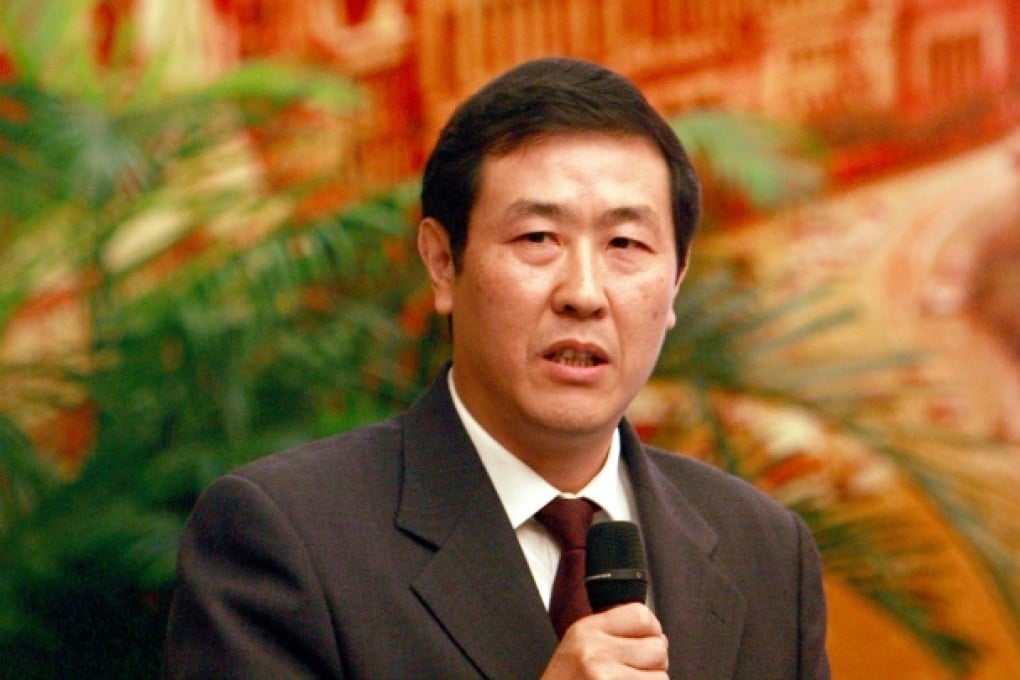Opinion | Supreme People's Court judge urges end to wrongful convictions

One of China's most senior judges has called for an end to miscarriages of justice by the nation's courts after two cases of wrongful convictions have highlighted inadequacies in its legal system.
The paper is the court's official mouthpiece.
It's preferable to release someone wrongfully, than convict someone wrongfully. If a true criminal is released, heaven will not collapse, but if an unlucky citizen is wrongfully convicted, heaven will fall
"It's preferable to release someone wrongfully, than convict someone wrongfully," he said. "If a true criminal is released, heaven will not collapse, but if an unlucky citizen is wrongfully convicted, heaven will fall."
Criminal trials in China had a conviction rate of 99.9 per cent in 2009, according to the latest China Law Yearbook. In recent months, several murder cases have raised public ire against the judicial system.
Zhejiang's provincial supreme court on March 26 overturned a decade-old death sentence with two-year reprieve and a 15-year prison sentence for two men convicted on murder charges for killing a woman in Hangzhou.
